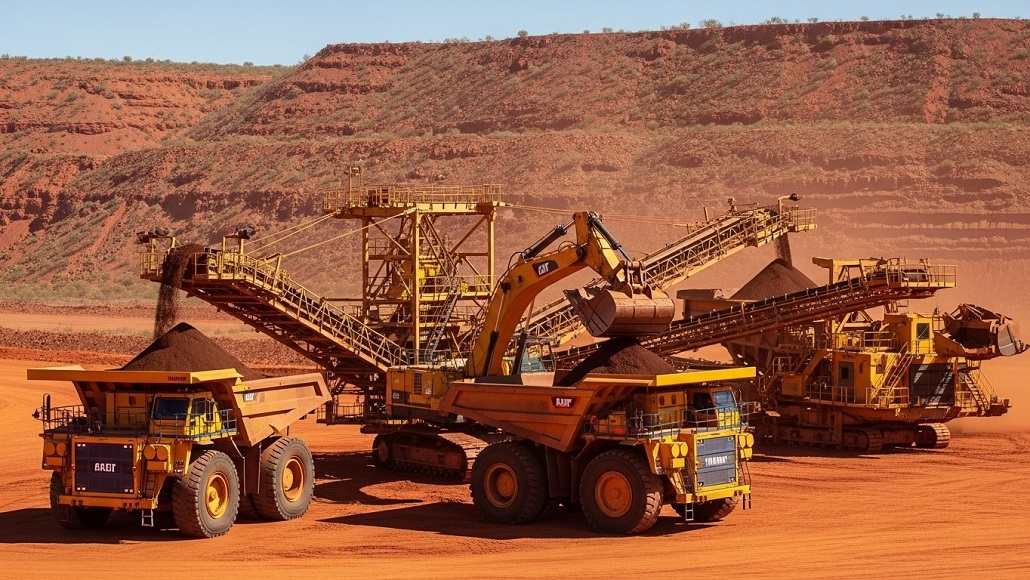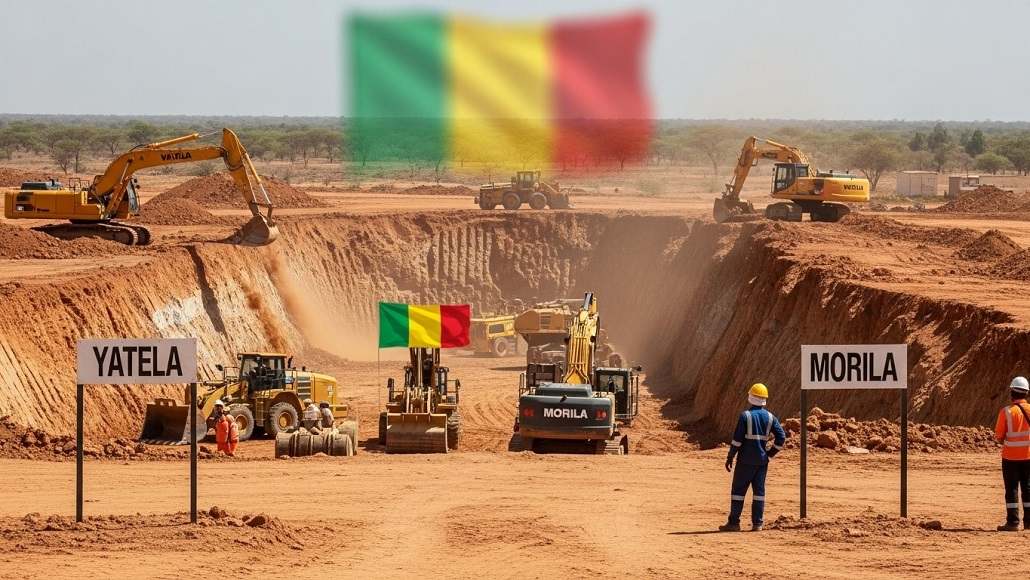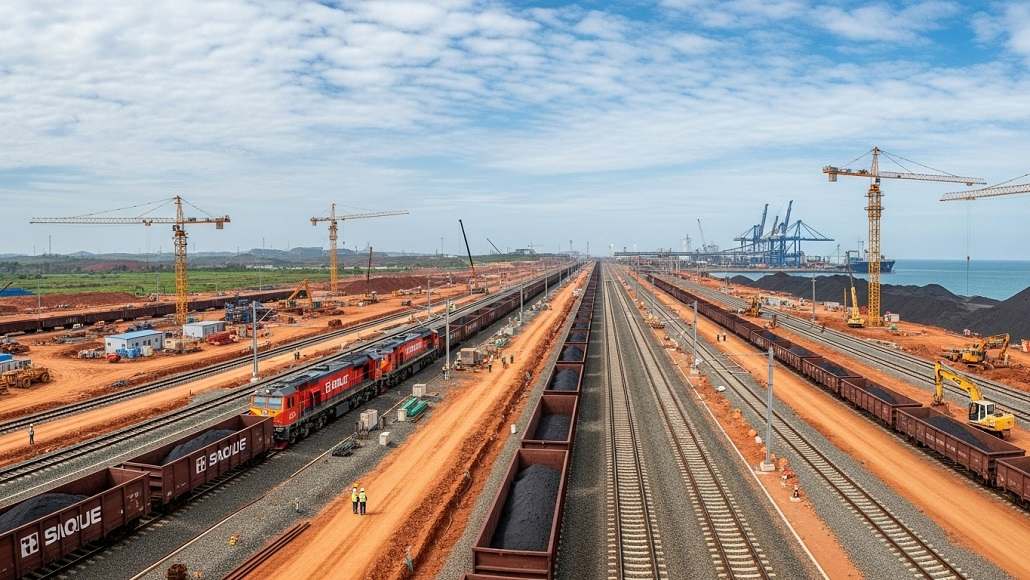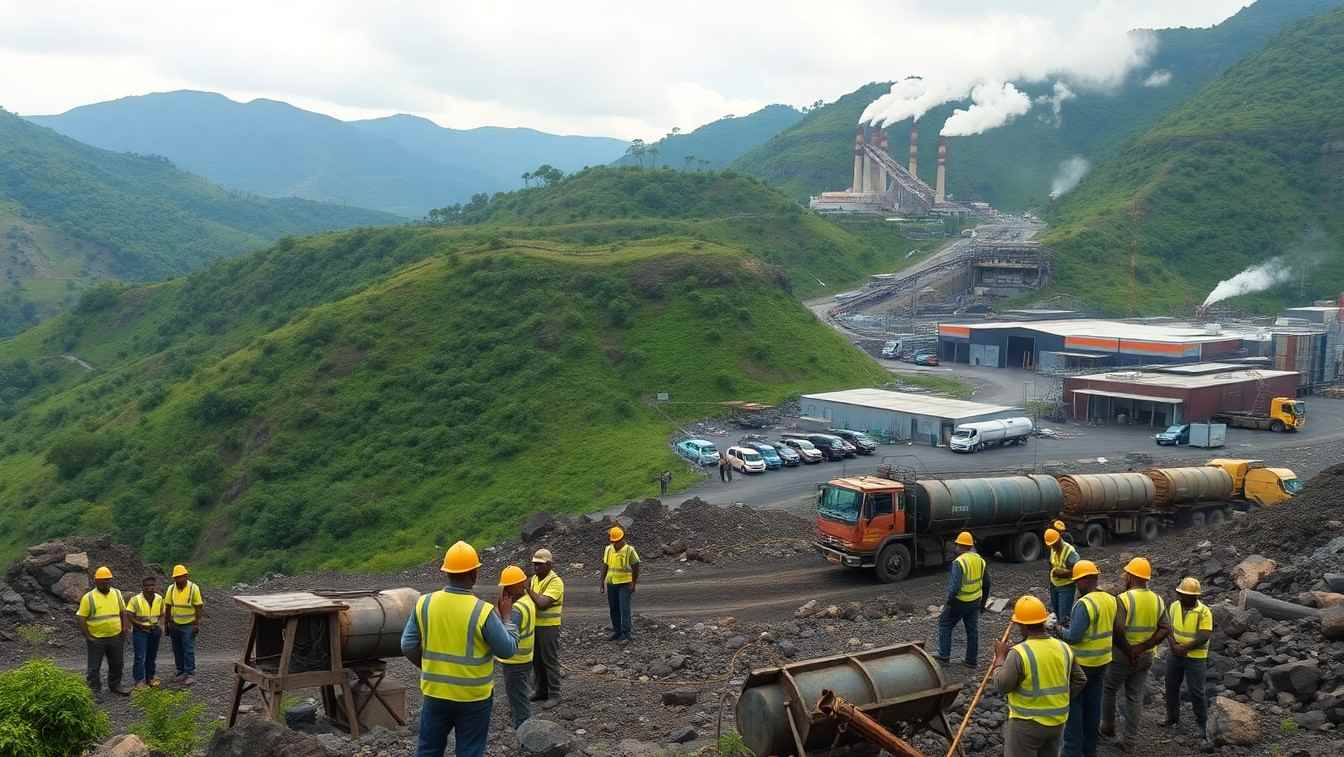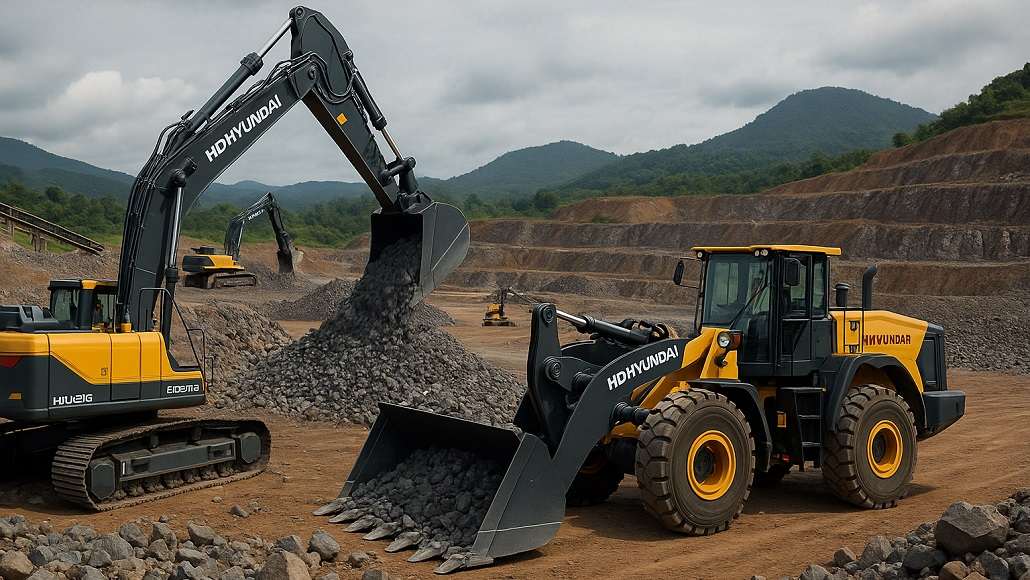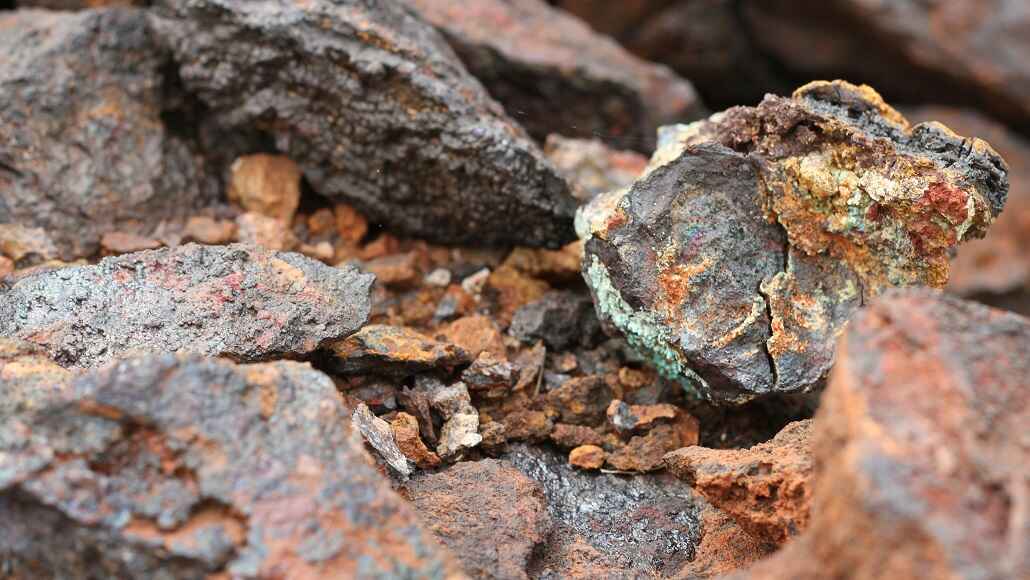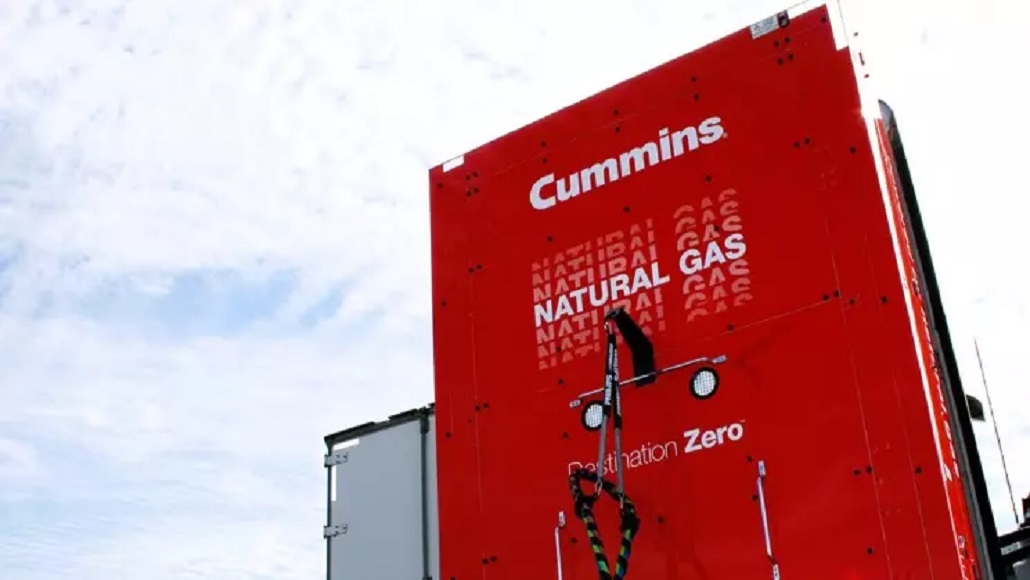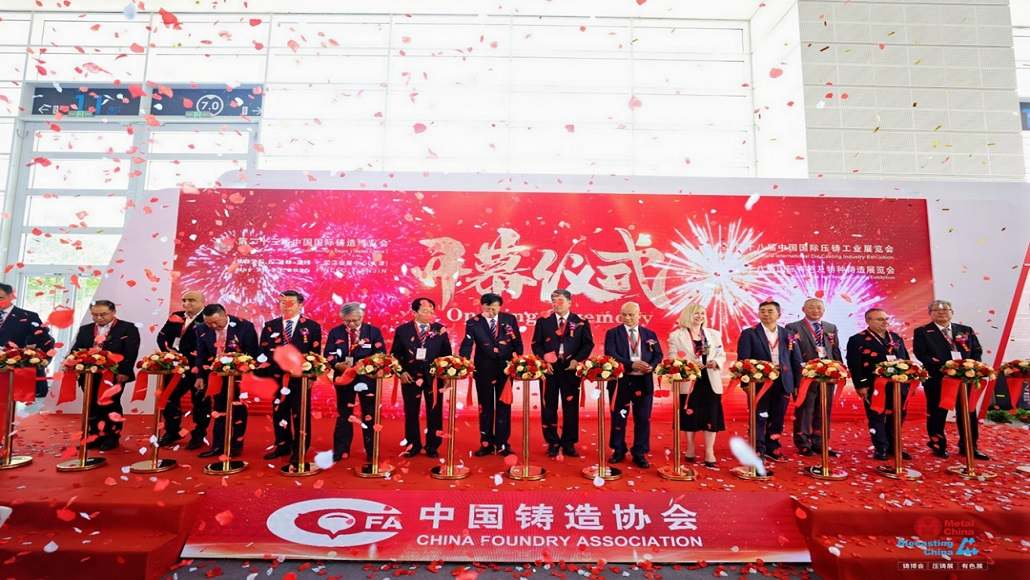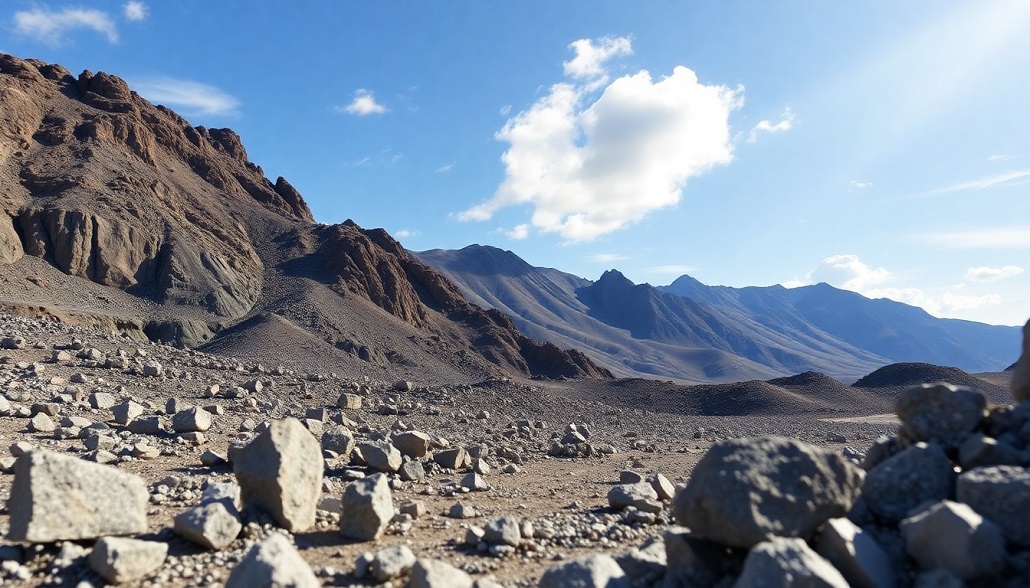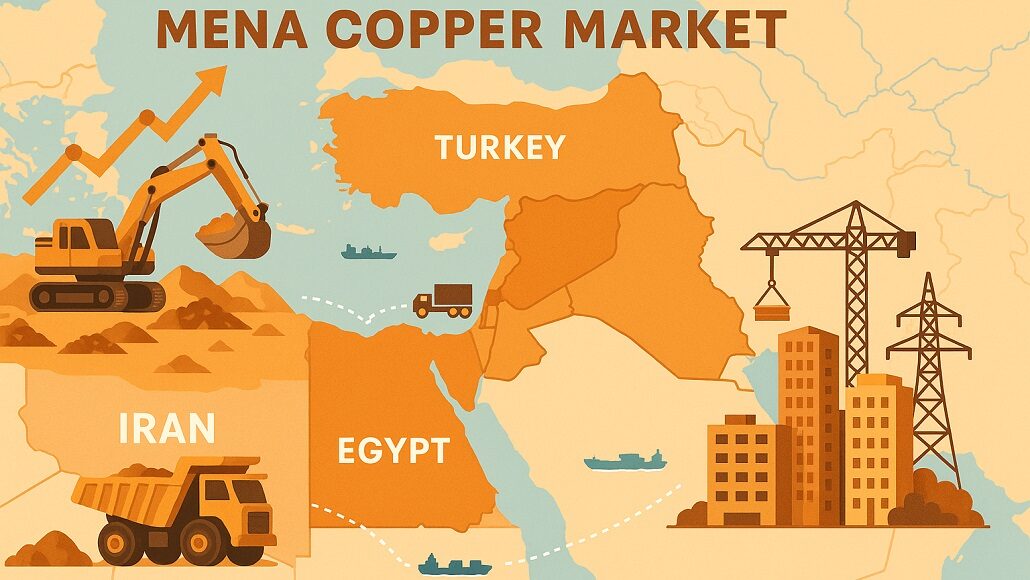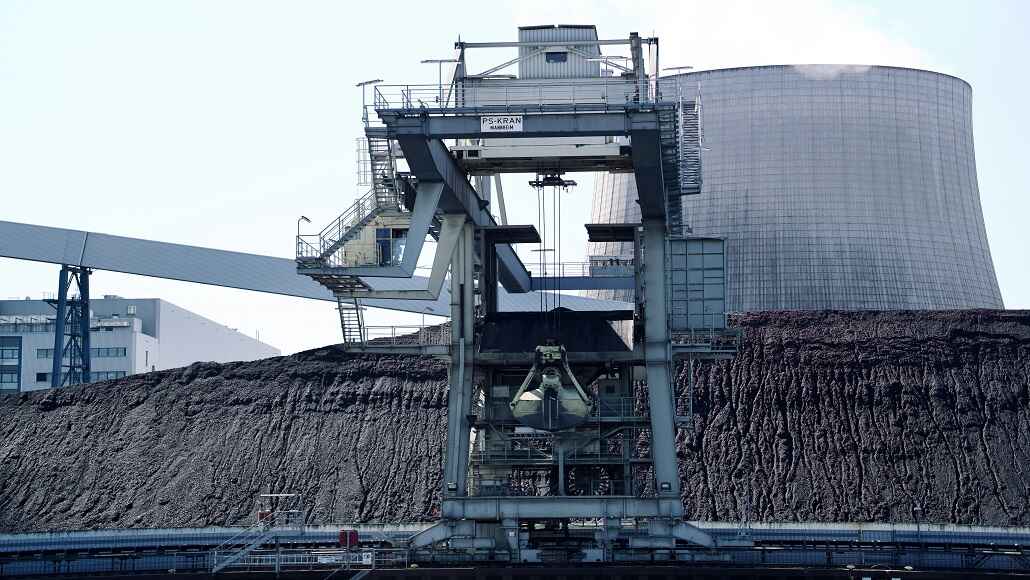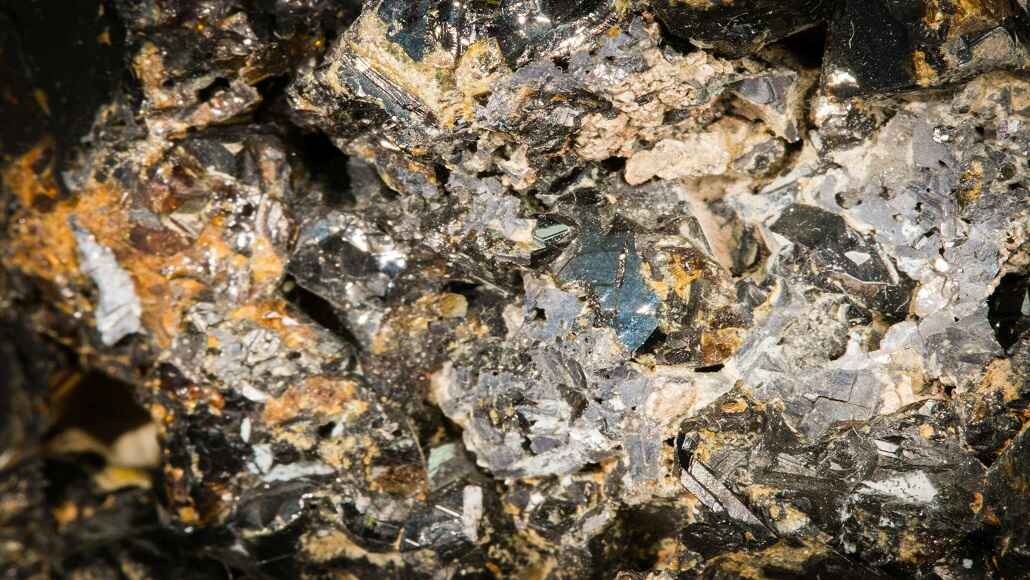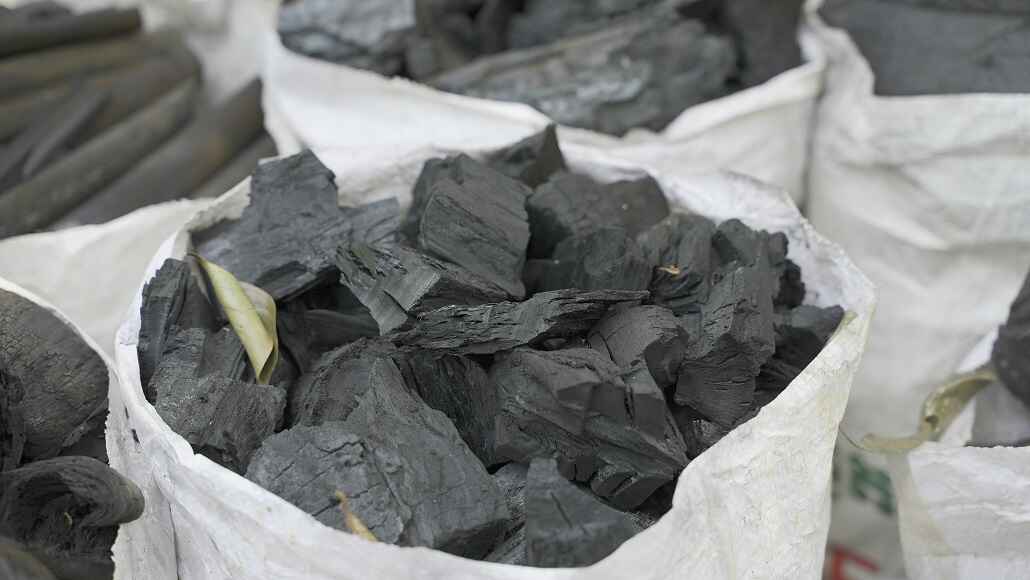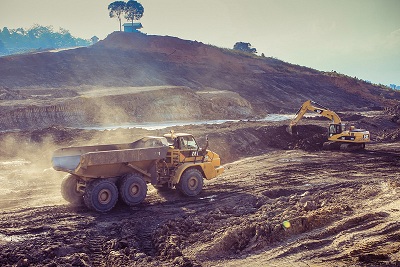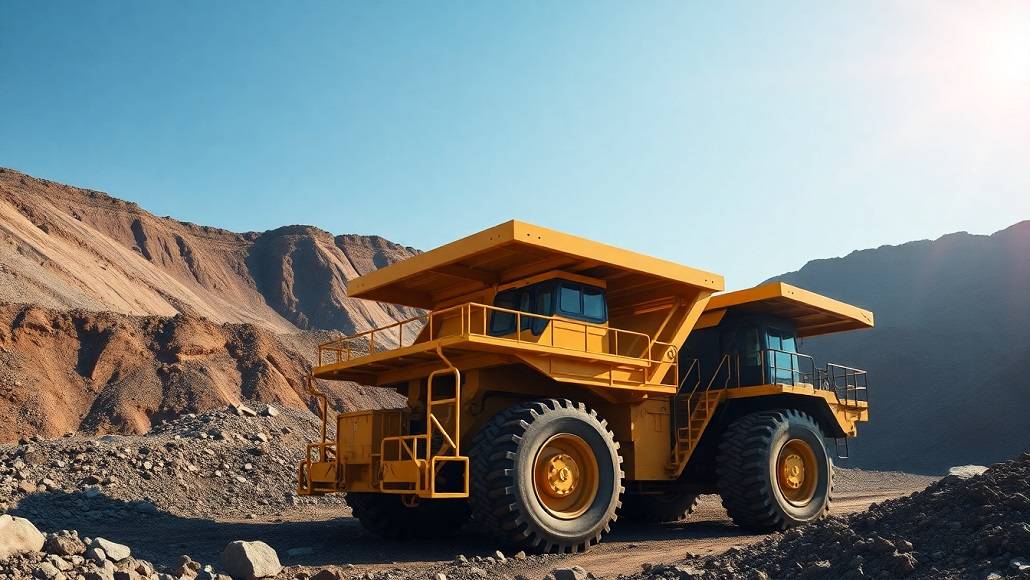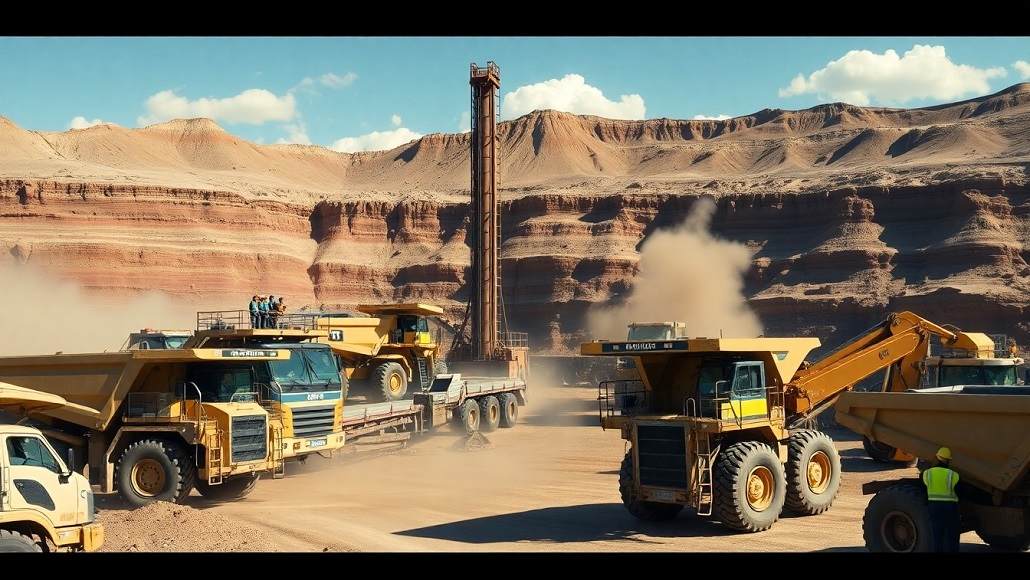Forty one members of the British Parliament have signed an early day motion that seeks to eliminate “slavery-like” working conditions in Eritrea’s mines, which they say it the main cause for over 5,000 people fleeing the country every month.
According to the legislators, international mining companies —mainly from Australia, Canada and the U.K— are using the forced labour of Eritreans for work in their operations under conditions best described as “abject slavery.”
Last month Canadian miner Nevsun Resources (TSX:NSU) became the latest target of a human-rights violations lawsuit. This one that claims the Vancouver-based company’s Bisha copper and gold mine was built using “forced” labourers who faced the threat of torture by the Eritrean government. The company denied the allegations.
The MPs, reports The Guardian, have also asked Eritrean authorities to allow Sheila Keetharuth, the UN’s special rapporteur on human rights in the African nation to assess claims of widespread rights violations. She has not been allowed to enter Eritrea since her appointment in 2012.
Human rights conditions in Eritrea are “dismal” with indefinite military service, torture, arbitrary detention and restrictions on freedom of expression driving a refugee exodus, Human Rights Watch said in its World Report 2014.
Forced labour, slavery, torture, cruel or degrading treatment and crimes against humanity are prohibited under international law, and such provisions are also incorporated into Canadian law.


